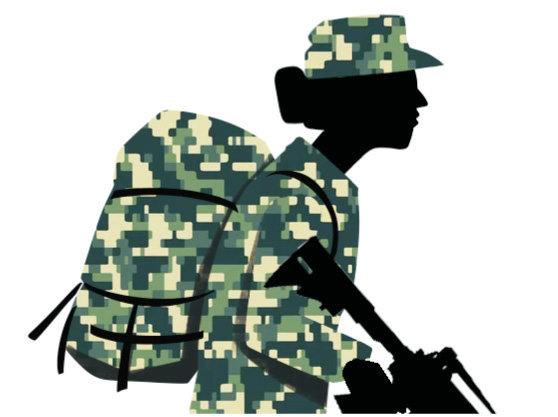The time remembered with small things
The time remembered with small things
Posted June. 06, 2022 07:40,
Updated June. 06, 2022 07:40

Some words sound grand. How should I approach words such as wars or death? With what level of emotions? As a listener to the cries and screams resulting from wars and deaths, how hard should I pay attention? Facing a case or incident not objectively but emotionally seems to be intangible and ambiguous, which I wish to avoid all the time.
The author of this book meets and listens to some 200 women who participated in wars. They recall the war with very small things. The touch of the skirt she felt when she took off the military uniform and wore the skirt in four years after the war, the smell of burning tomato pickles under the bombing, the color of bandanas, which young army girls were wearing are what they remember as the war. After witnessing awful deaths, there is no room for ideological victory or heroic episodes.
Maybe we need to remember the small things. The insignificant things which are easily forgotten. We all need to remember that the deceased lived and existed rather than grandiose chant. Those left behind must try to remember the life of the passed away buried in the narration on the day we remember their deaths. If we humbly accept the lives of the dead as they are, too deep for us to understand instead of dramatizing them, this is the starting point for the memory to serve them truthfully for the glittering epic narration is always for the living and not for the dead.







